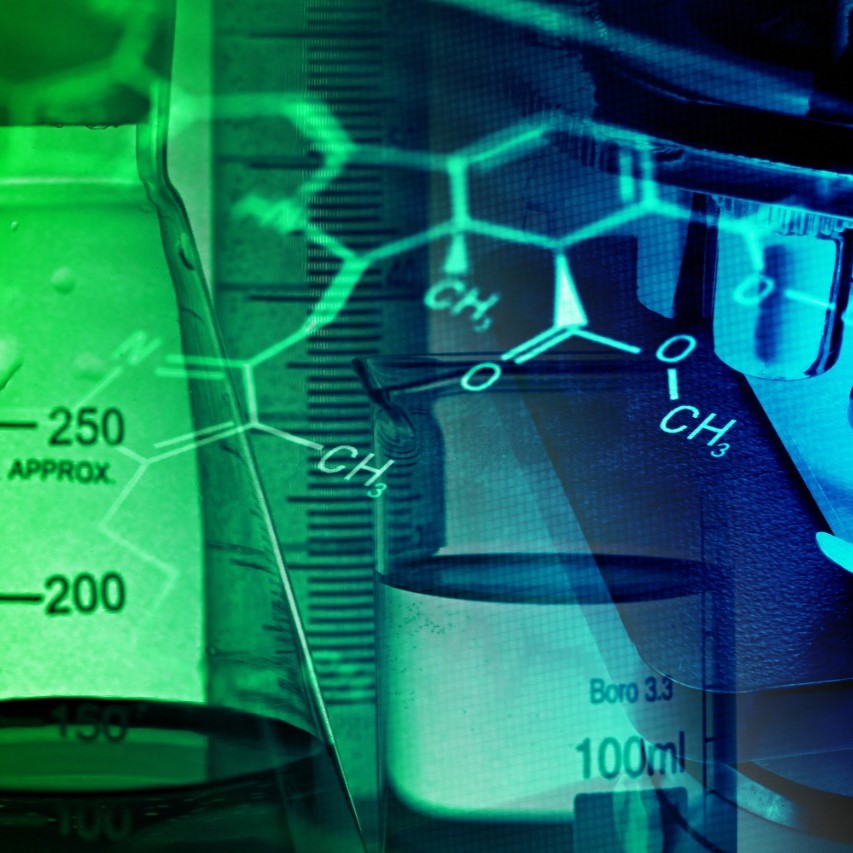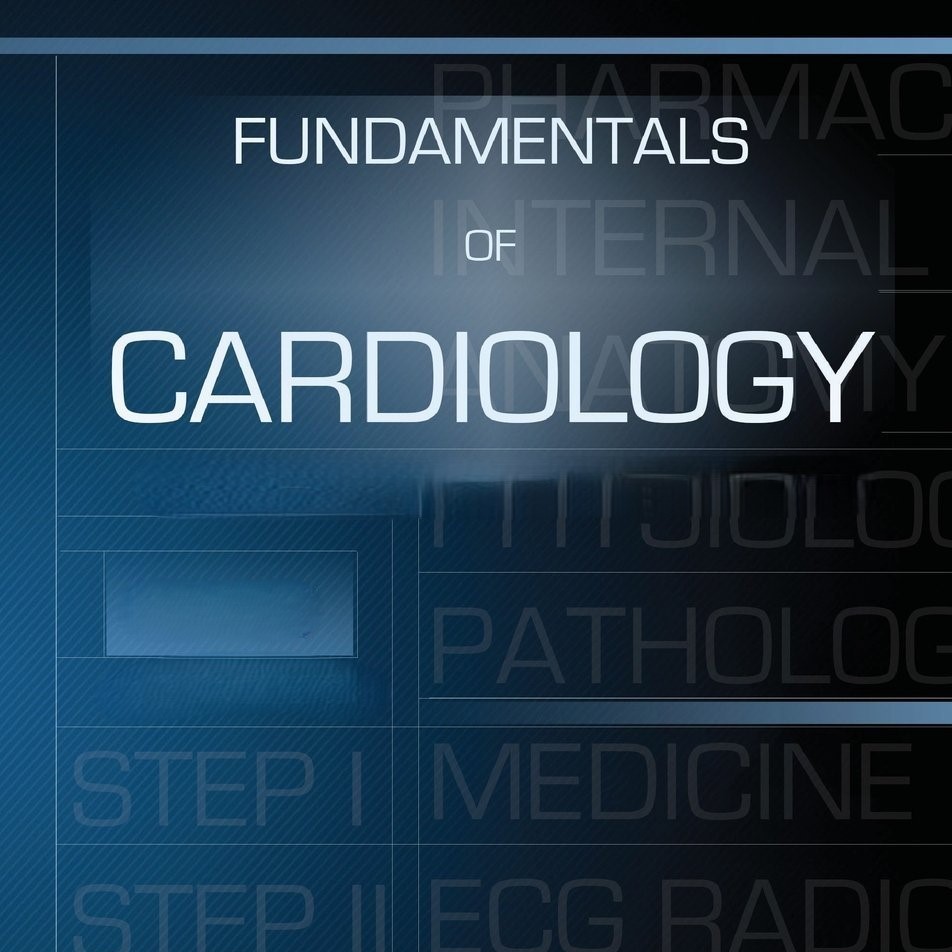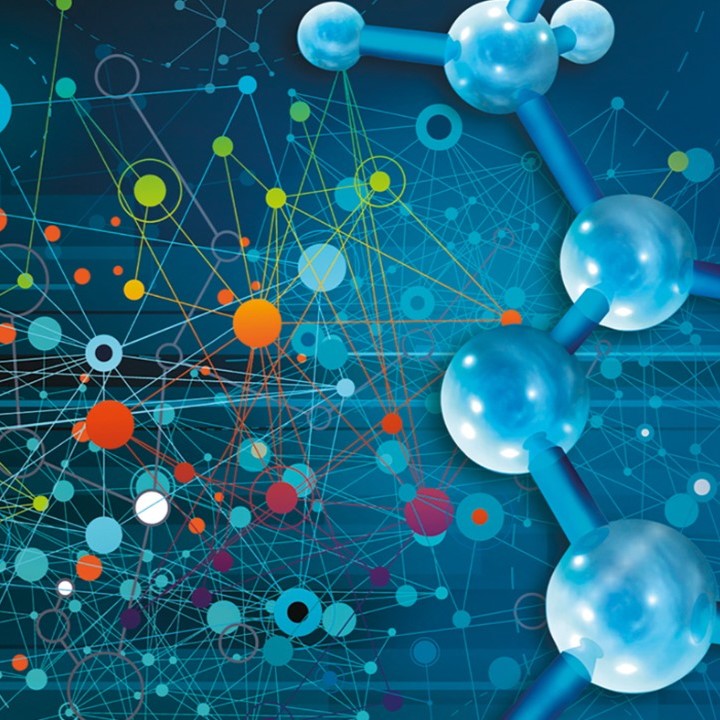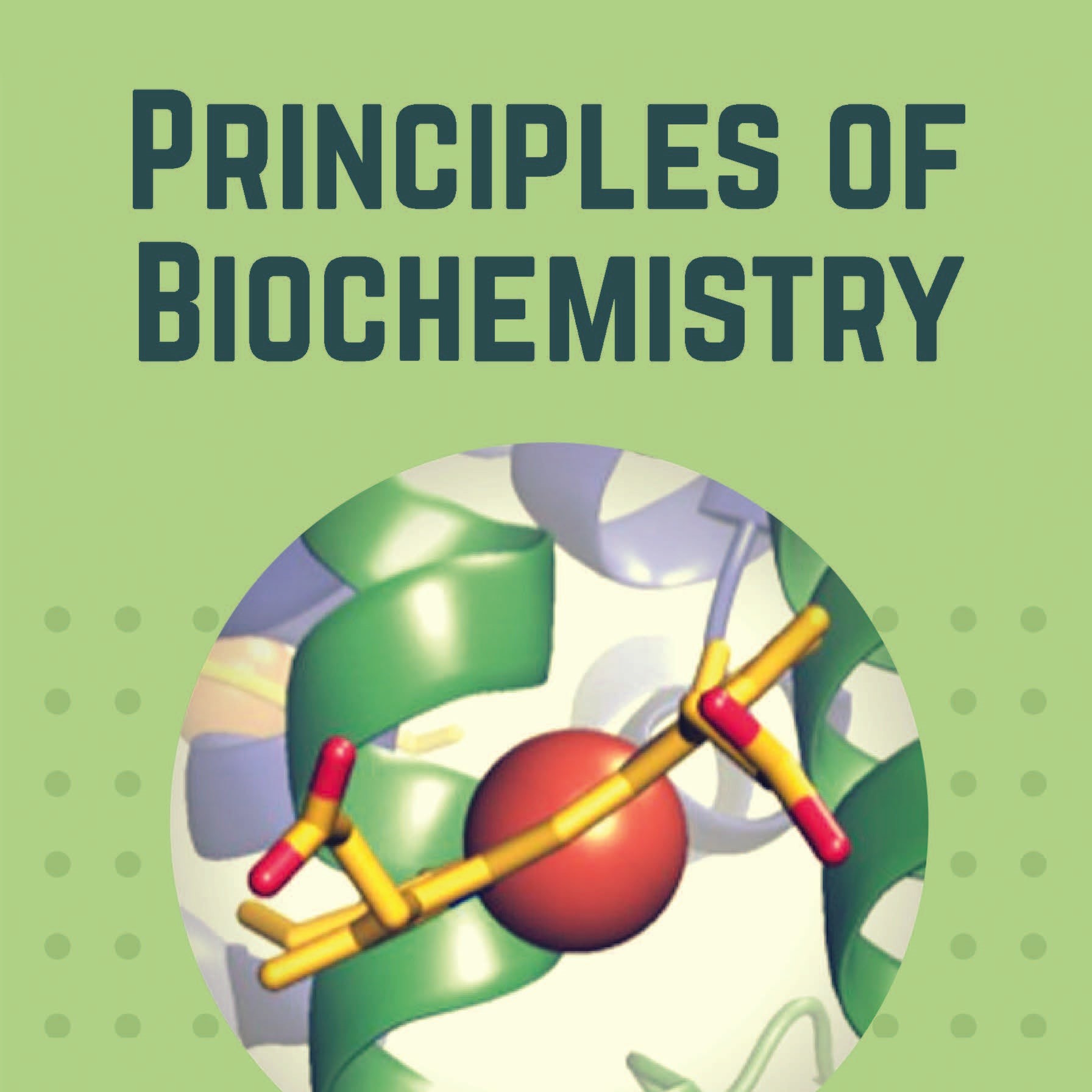Description
The Basic Analytical Chemistry course is designed to introduce students to the fundamental principles and techniques used in the analysis of chemical substances. This course lays the groundwork for identifying, quantifying, and interpreting the composition of various chemical samples. It covers theoretical and practical aspects of analytical chemistry, emphasizing the importance of accuracy, precision, and systematic approaches in chemical analysis.
Course Objectives:
- Fundamental Concepts: You will gain a solid understanding of key concepts such as measurement techniques, calibration, and the significance of accuracy and precision in analytical chemistry.
- Quantitative Analysis: Learn methods for determining the concentration of substances in different samples, including techniques such as titration, spectrophotometry, and chromatography.
- Instrumental Techniques: Familiarize yourself with the operation and application of analytical instruments such as spectrometers, chromatographs, and electrochemical cells.
- Data Interpretation: Develop skills in interpreting analytical data, including statistical analysis and error assessment.
- Laboratory Skills: Acquire hands-on experience with standard laboratory procedures and safety practices.
Key Topics Covered:
- Introduction to Analytical Chemistry: Definition, scope, and importance of analytical chemistry in various fields such as pharmaceuticals, environmental science, and materials science.
- Chemical Measurements: Principles of measurement, calibration, and standards. Techniques for measuring physical properties such as pH, conductivity, and absorbance.
- Quantitative Analysis Techniques:
- Titration: Acid-base titrations, redox titrations, and complexometric titrations.
- Spectrophotometry: UV-Vis spectroscopy, Beer-Lambert law, and applications.
- Chromatography: Basic principles of gas chromatography (GC) and liquid chromatography (LC) and their applications in separating and analyzing compounds.
- Instrumental Methods:
- Spectroscopic Methods: Atomic absorption spectroscopy (AAS), infrared spectroscopy (IR), and nuclear magnetic resonance (NMR).
- Electrochemical Methods: Potentiometry and voltammetry.
- Data Analysis and Interpretation: Techniques for analyzing and interpreting data, including statistical methods and error analysis.
- Laboratory Techniques: Proper handling of chemicals, use of laboratory equipment, and adherence to safety protocols. Hands-on practice with various analytical techniques.
Course Format:
- Lectures: Theoretical instruction on fundamental principles and techniques.
- Laboratory Sessions: Practical application of concepts through experiments and analysis.
- Assignments and Projects: Research, data collection, and interpretation tasks to reinforce learning.
- Exams and Quizzes: Assessments to evaluate understanding and application of course material.
Prerequisites: Basic knowledge of general chemistry is recommended. Students should be comfortable with fundamental chemical concepts and mathematical skills.
Learning Outcomes: By the end of the course, students will be able to:
- Apply fundamental concepts and techniques of analytical chemistry to real-world problems.
- Operate and interpret data from various analytical instruments.
- Conduct accurate and reliable chemical analyses following established protocols.
- Analyze and interpret experimental data, accounting for potential sources of error.
This course is a foundation for more advanced studies in analytical chemistry and related fields, preparing students for academic and professional pursuits in science and engineering.







Obi –
“This Basic Analytical Chemistry course has been an incredibly rewarding experience. With concise and engaging lessons, it demystified complex concepts and made them accessible. The instructor’s expertise and passion for the subject shone through, fostering a stimulating and interactive learning environment. Not only did I develop a strong foundation in analytical techniques, but I also gained valuable insights into their applications in various scientific fields. This course has undoubtedly empowered me with the knowledge and skills necessary to excel in my research and beyond.”
Isah –
“I highly recommend the ‘Basic Analytical Chemistry’ course. The concepts were presented in a clear and easy-to-understand manner. The instructor was knowledgeable, enthusiastic, and always willing to answer questions. The lab sessions provided valuable hands-on experience, reinforcing the theoretical concepts. I gained a strong foundation in analytical chemistry and am confident that this course will benefit my future career.”
Zuwaira –
“This Basic Analytical Chemistry course exceeded my expectations. The instructor’s expertise and clear explanations made complex concepts understandable. The hands-on labs and interactive discussions provided invaluable experience. I gained a comprehensive foundation in analytical chemistry, enhancing my understanding of how to analyze and interpret chemical data. The course materials were well-organized and accessible, supplementing the lectures effectively. I highly recommend this course to anyone seeking a solid grasp of the fundamentals of analytical chemistry.”
Uchenna –
“The ‘Basic Analytical Chemistry’ course was an exceptional learning experience. The instructor’s expertise and passion for the subject were evident throughout. The course content was well-organized and presented with clarity and depth. Hands-on laboratory experiments provided invaluable practical application, further solidifying our understanding of the concepts. This course has significantly enhanced our analytical chemistry knowledge and skills, laying a solid foundation for our future endeavors.”
Sunusi –
“My impressions of the ‘Basic Analytical Chemistry’ course were nothing short of phenomenal! The content was presented with utmost clarity and the instructor’s expertise was evident in every lecture. The hands-on lab sessions were particularly invaluable, providing practical experience that reinforced the theoretical knowledge. The course not only equipped me with a solid foundation in analytical chemistry but also sparked an immense passion for this field. I highly recommend this course to anyone seeking a comprehensive and engaging introduction to the subject.”